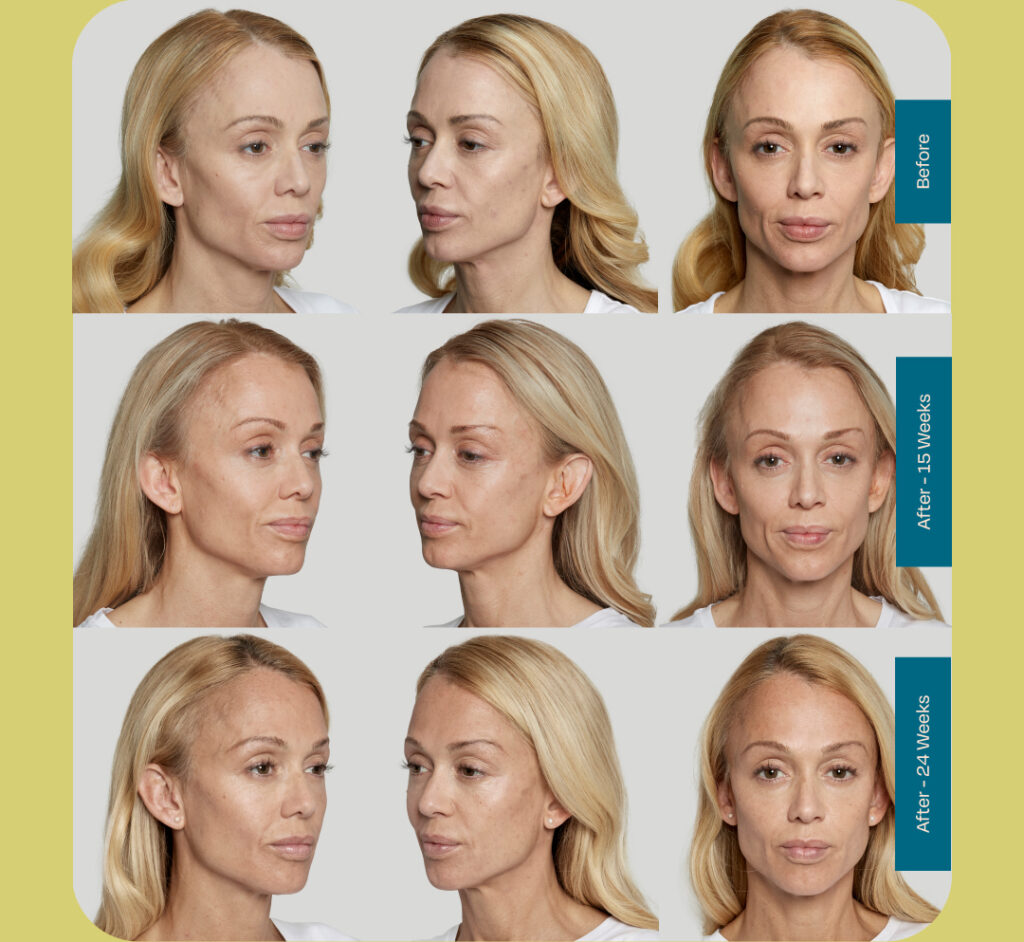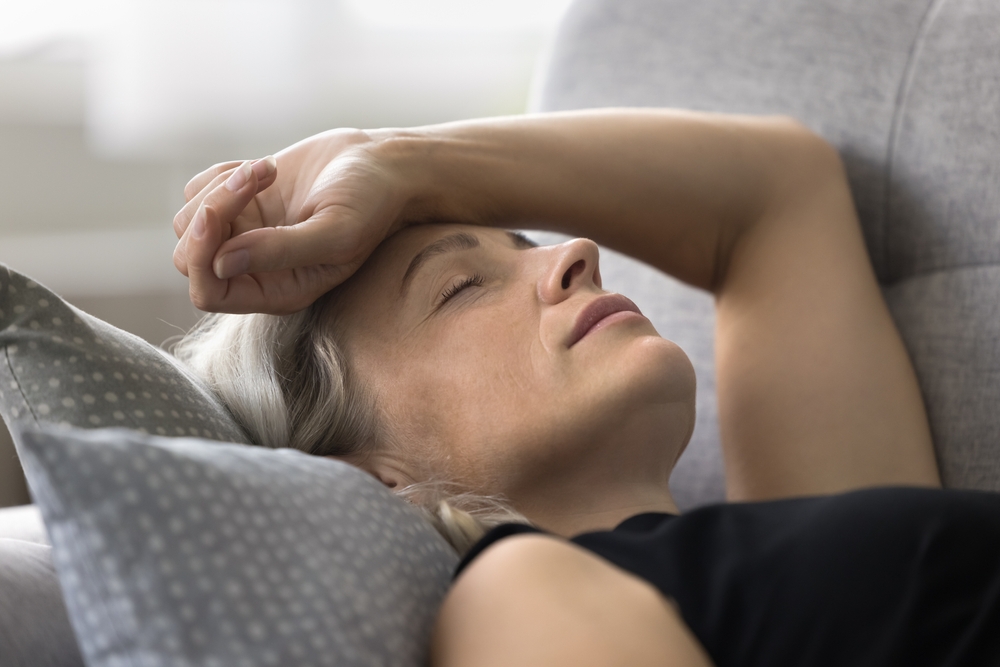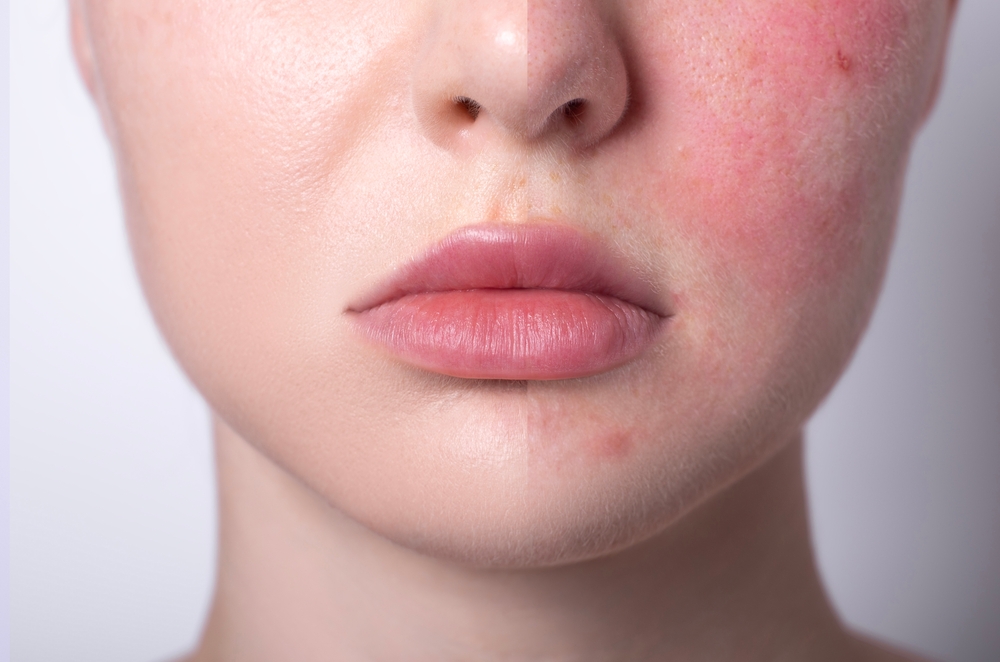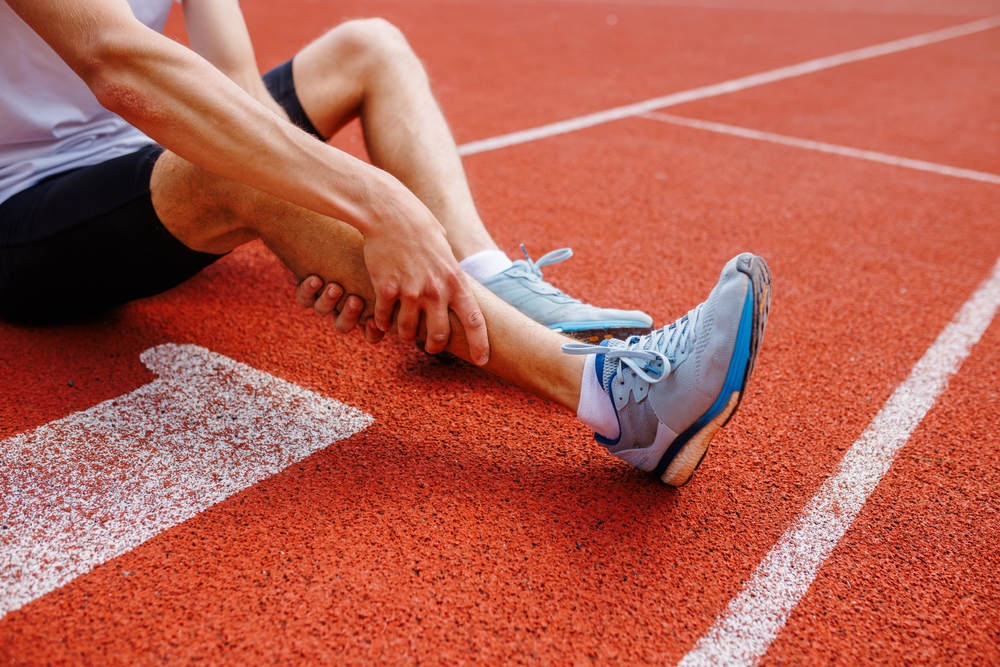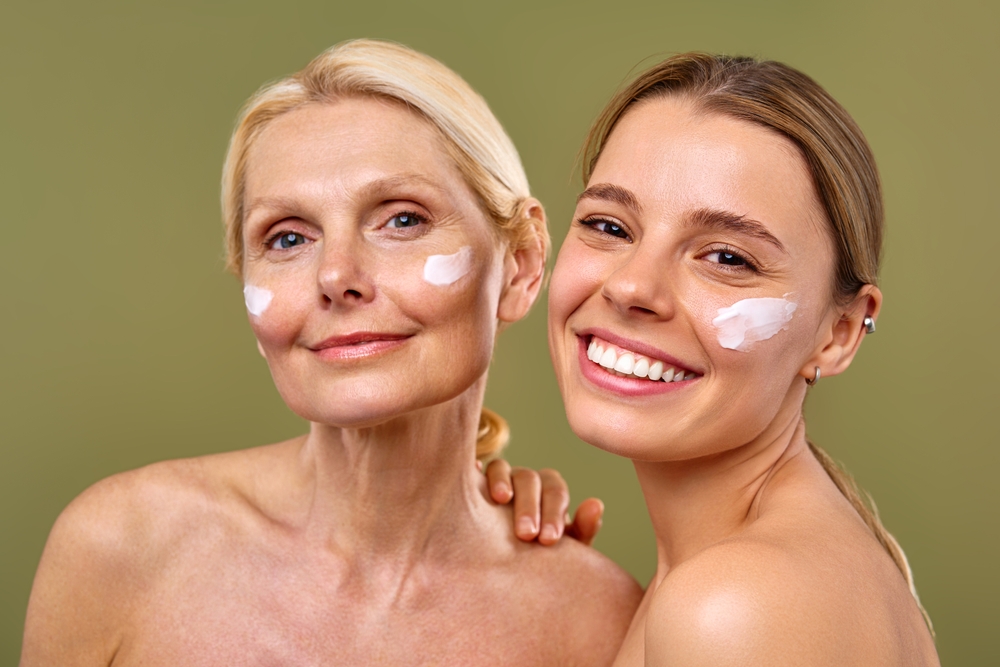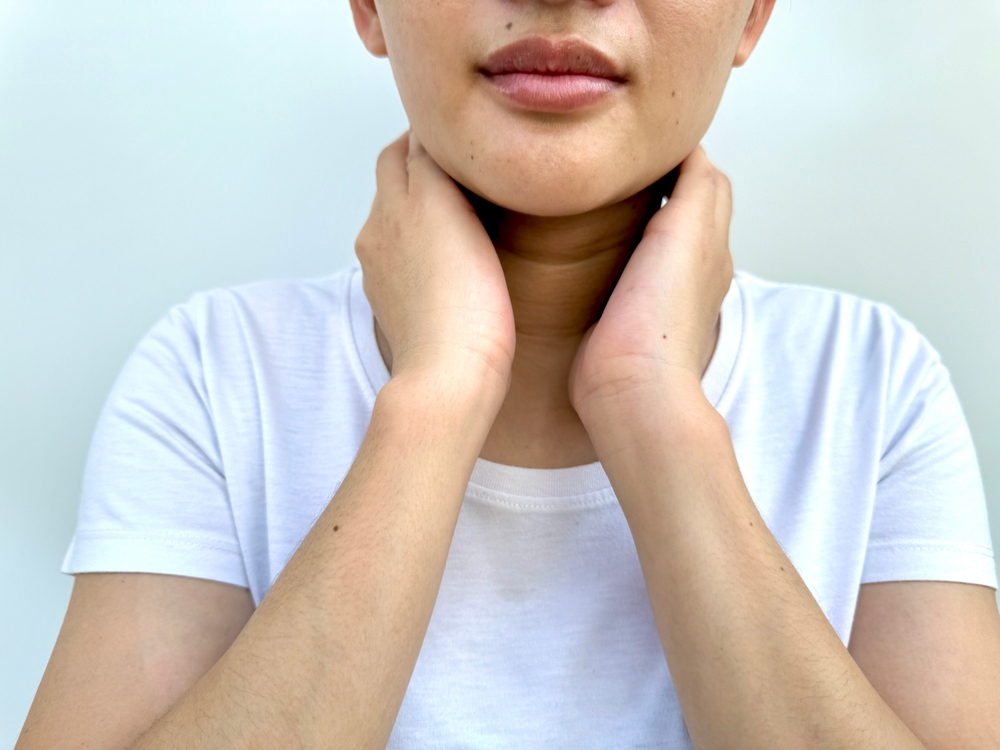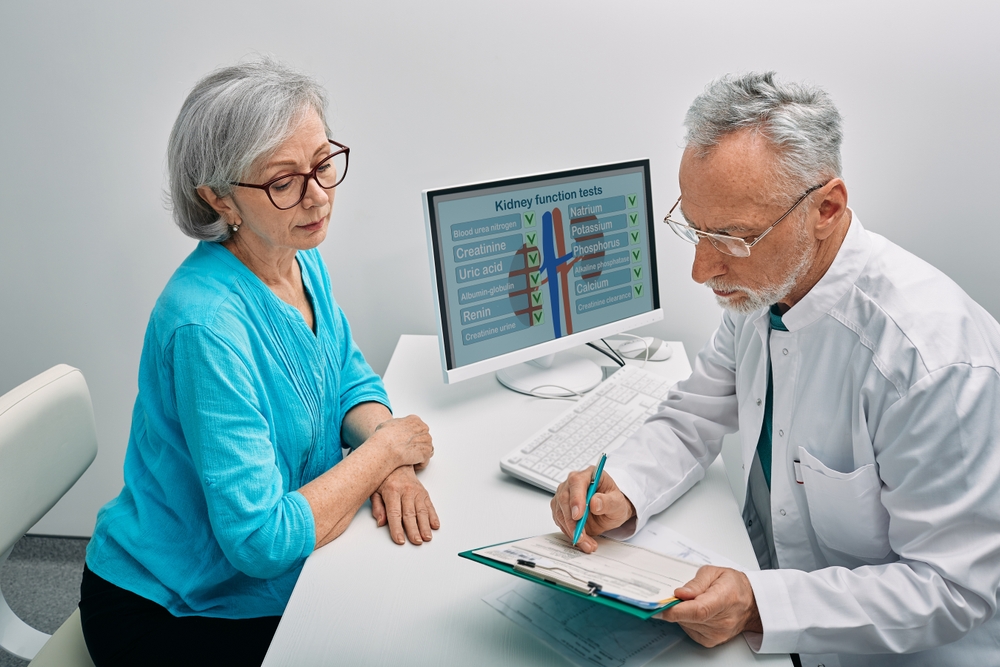Muscles and bones are connected by tendons. Sudden trauma and activities that cause repetitive motion cause injury to tendons that results in inflammation and pain that can make it difficult to use the joint that is involved. Tendons can also break down and tear as people age.
Injury or degeneration to the outer elbow tendon is called lateral epicondylitis or “tennis elbow”, injury or degeneration to the inner elbow tendon is called medical epicondylitis or “golfer’s elbow”. You don’t have to be a tennis player or play golf to suffer from either one of these conditions. They can be caused by other sports or by activities at work that require prolonged use of wrist and forearm muscles.
Lateral and Medial Epicondylitis most commonly affects people in their dominant arm. So, if you are left handed it will most likely affect your left arm and if you are right handed it will most likely affect your right arm. It is more common among people who are obese or smoke. The age group most affected is 45-54. Other risk factors include engaging in the same forearm or wrist activity at least 2 hours a day and routine management and lifting of heavy loads greater than 40 pounds.
Symptoms include pain on the inside or outside of your elbow that can radiate up or down your arm. The pain can be felt suddenly or gradually over time. It can also cause weakness in the forearm, and produce difficulty when trying to perform certain activities that require arm strength or in specific wrist and forearm movements.
Lateral and Medial Epicondylitis is easy to diagnose by physical exam and patient detailed explanation of pain. Imaging such as x-ray or MRI is not always necessary unless a sudden trauma has occurred and a fracture needs to be ruled out or treatment has failed and a severe tear is suspected.
Treatment for Lateral and Medial Epicondylitis includes nonsteroidal anti-inflammatory medications such as Aleve (naproxen) or Motrin (ibuprofen). An Arm brace or strap is used to apply pressure to muscles which results in decreased pressure on the injured tendon. The brace can be worn during activity. Trigger point injections can assist with pain and inflammation as well as an elbow injection with Lidocaine. Injections can be initially followed by ultrasound therapy to help promote healthy tissue and decrease inflammation. Manual therapy and ice massages can also help with pain and inflammation. Flexibility exercises can be incorporated to help improve mobility. Strengthening exercises are the most effective treatment but cannot be started until pain is improved or resolved and flexibility has improved. Strengthening includes flexion or extension exercises and is dependent on whether treatment is for “tennis elbow” or “golfer’s elbow”.
Treatment plans can last from 6-12 weeks and most people respond well to this plan of action. At the Institute for Functional Health a complimentary evaluation can be performed and a treatment plan can be developed for your specific type of elbow pain. Give us a call today to book your Free Consultation 210-468-1891!




